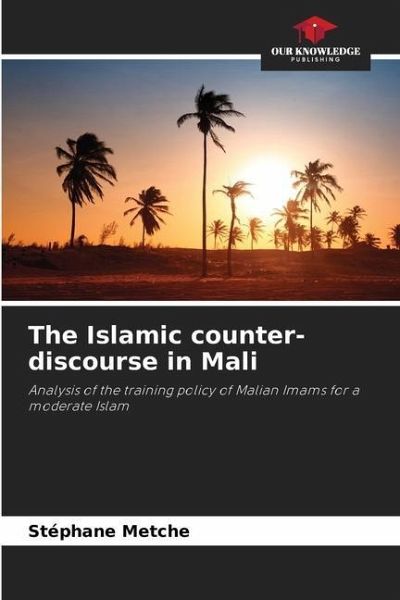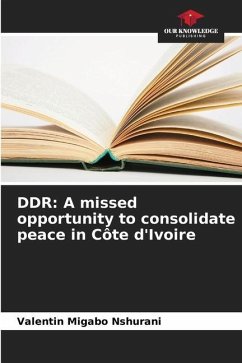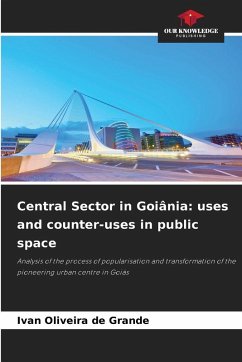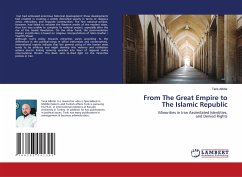
The Islamic counter-discourse in Mali
Analysis of the training policy of Malian Imams for a moderate Islam
Versandkostenfrei!
Versandfertig in 6-10 Tagen
43,99 €
inkl. MwSt.

PAYBACK Punkte
22 °P sammeln!
Since 2012 Mali has been the scene of terrorist attacks linked to radical Islamic demands. The resulting risk is a regional spread of these ideologies, which would have an impact on the security of the countries in this region, which need peace in order to develop. Malian history since antiquity is intertwined with Islam. Kankou Moussa, the famous emperor is a symbol of this fact. So how can we understand that a country with such a historical relationship with Islam can be confronted with the emergence of radicals who want to spread terror? Thus, the Malian government, in its policy of fightin...
Since 2012 Mali has been the scene of terrorist attacks linked to radical Islamic demands. The resulting risk is a regional spread of these ideologies, which would have an impact on the security of the countries in this region, which need peace in order to develop. Malian history since antiquity is intertwined with Islam. Kankou Moussa, the famous emperor is a symbol of this fact. So how can we understand that a country with such a historical relationship with Islam can be confronted with the emergence of radicals who want to spread terror? Thus, the Malian government, in its policy of fighting against Muslim radicalization, has initiated a training program for Malian imams in Morocco to provide an ideological counterargument against this phenomenon that threatens the stability of this region. Our book is based on a field survey of civil actors and especially imams to analyze this action and to criticize it.












